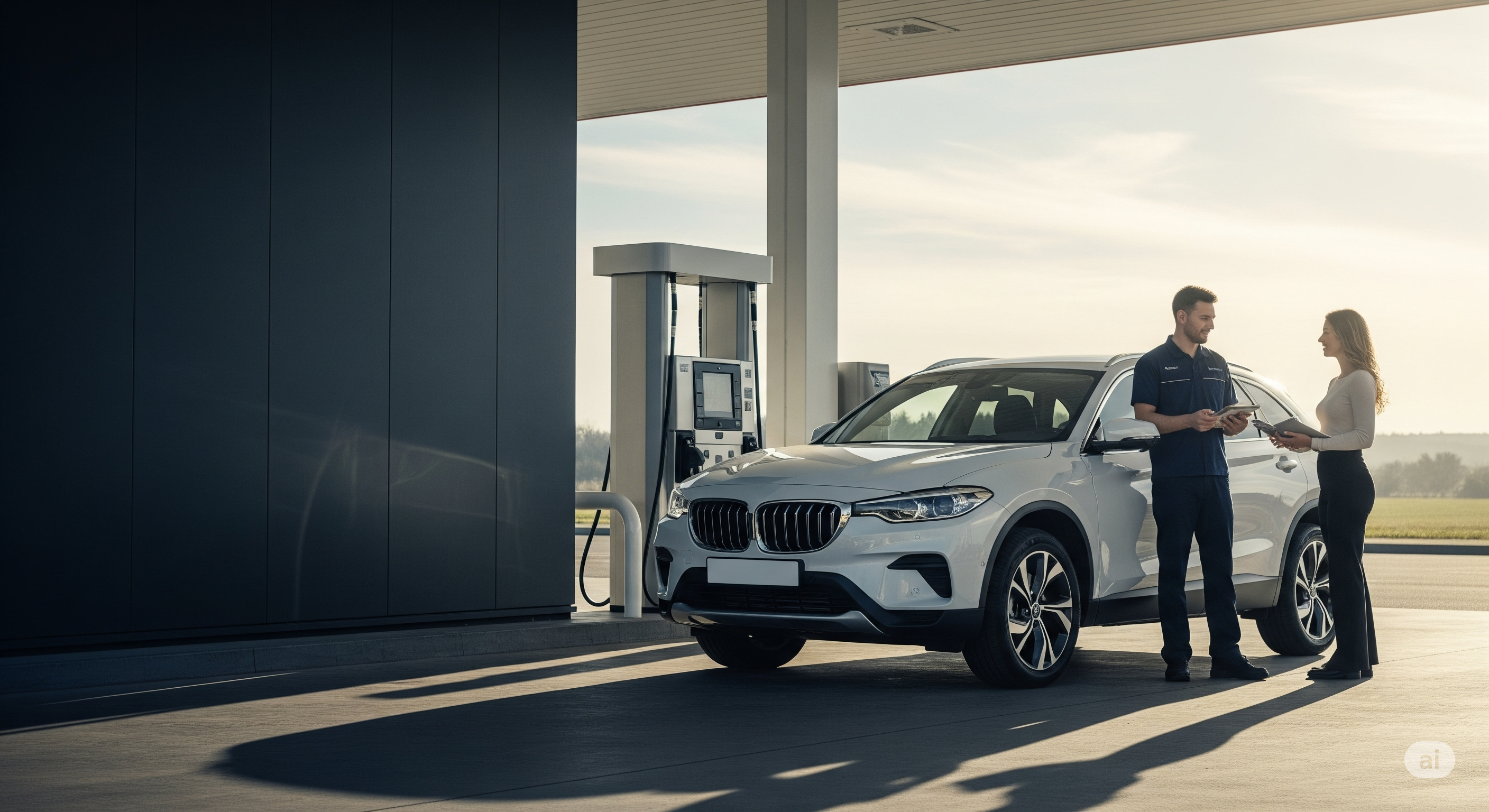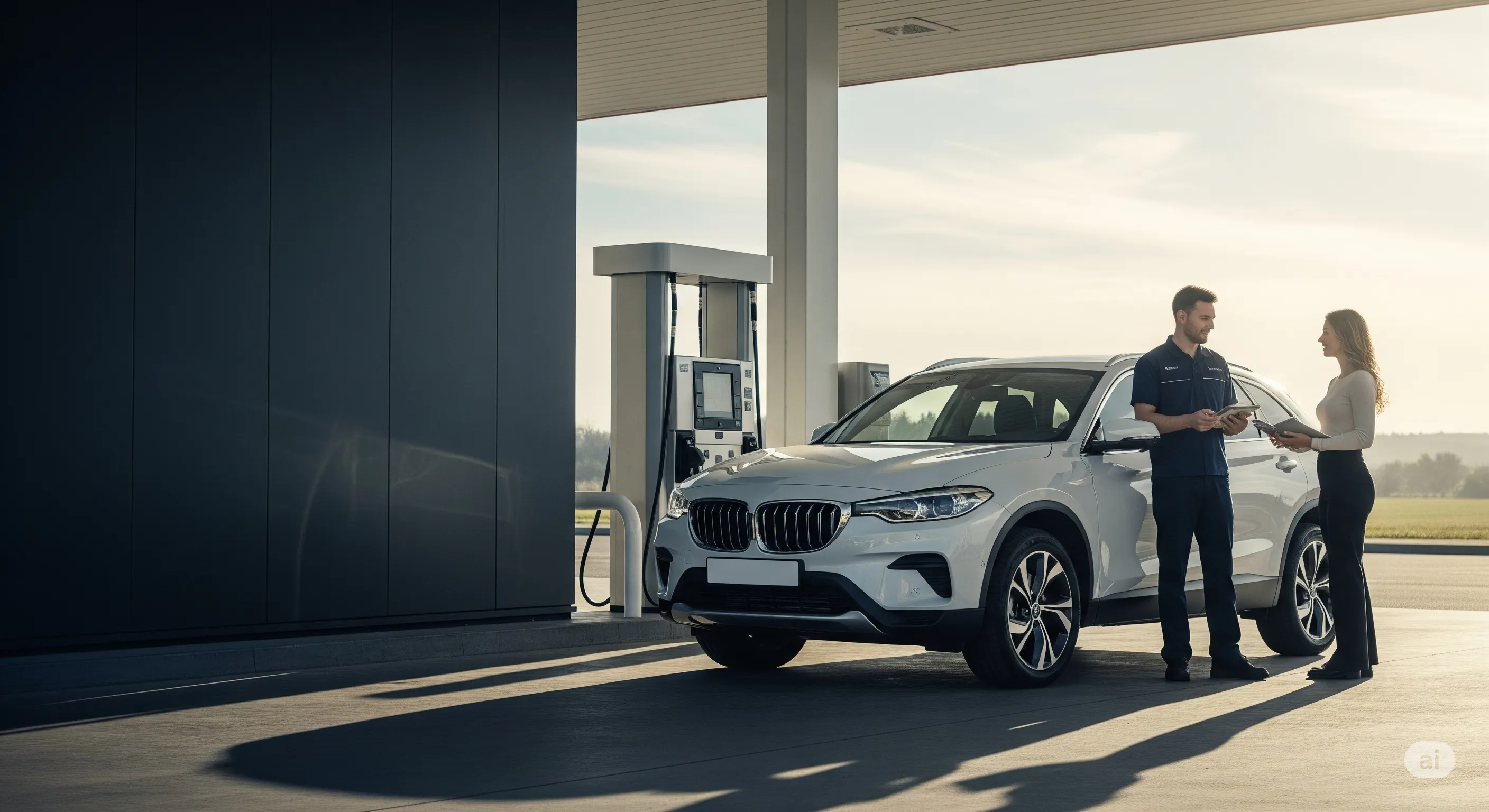
Introduction: Buying a used car without an independent pre-purchase car inspection is a gamble that could turn a great deal into a money pit. Many buyers skip inspections to save time or money, only to discover expensive problems after the purchase. No one wants to buy a lemon – a vehicle with hidden issues – so it's crucial to verify a used car's true condition before you pay. A shiny paint job or a "runs fine" test drive can hide serious underlying problems. In fact, without a thorough used car inspection, you might miss issues like engine troubles, bad brakes, or rust that could cost you thousands in repairs down the road. In this post, we'll explain why inspections matter, give real-world repair cost examples, and show how spending a couple of hundred dollars up front can save you from huge bills later.
Real Repair Cost Examples: Expensive Problems a PPI Can Catch
When you hire a professional to inspect a used car (often called a pre-purchase inspection or PPI), they evaluate the vehicle's mechanical and cosmetic condition. This process can reveal hidden faults that sellers might not disclose or even be aware of. Here are a few real-world examples of costly problems that an inspection could uncover before you buy:
Blown Head Gasket – Engine Trouble ($1,000+ Repair)
A head gasket seals the engine block and cylinder head; if it "blows," you're looking at an extensive and expensive repair. Common signs include overheating, white smoke from the exhaust, or milky oil (from coolant mixing with oil). An experienced inspector will check for these warning signs – something a casual buyer might miss.
Average repair cost: about $1,000 for a head gasket replacement on a typical car (and it can be much higher on some vehicles). If a PPI spots coolant leaks or engine overheating issues indicating a bad head gasket, you could avoid inheriting a $1,000–$2,000 repair bill shortly after purchase. In other words, a $150–$200 inspection could have saved you from buying a car with a failing engine.
Transmission Issues – Drivetrain Failures ($3,000+ Repair)
The transmission is one of the most expensive components to replace. Signs of trouble include hard shifting, slipping gears, delayed engagement, or burnt-smelling transmission fluid. A pre-purchase car inspection usually includes a test drive and fluid check, which can catch these red flags.
Average repair cost: replacing or rebuilding an automatic transmission can range from roughly $2,500 to $5,000 including parts and labor – let's call it around $3,500 on average for many cars. Without an inspection, you might not realize the transmission is on its last legs until it fails completely. Catching a slipping transmission before you buy gives you the chance to walk away or negotiate thousands off the price. Spending a couple hundred on an inspection is well worth avoiding a $3,000–$5,000 surprise repair.
Worn Brakes and Tires – Safety Issues ($500+ Repair)
Worn-out brake pads, thin rotors, or bald tires are common in used cars, especially if the previous owner skimped on maintenance. These aren't always obvious on a quick test drive, since a seller might say "the brakes feel a little soft" or the tires "have some life left." But if you buy the car and then need a full brake job, it can add up fast.
Average repair cost: replacing brake pads and rotors typically costs $250–$400 per axle on average (so doing all four wheels could be $500–$800 or more). A new set of four tires can easily run $400–$800 depending on brand and size.
A pre-purchase inspection will measure brake pad thickness, check rotor condition, and inspect tires for tread depth and dry rot. This lets you know if you'll have to spend hundreds more right after buying. In many cases, buyers use the inspection report to ask the seller to replace worn brakes/tires or to lower the price accordingly – saving you money and keeping you safer.
Hidden Accident or Frame Damage – Costly Collisions (Thousands in Repairs)
Not all damage is mechanical. Some used cars have been in accidents or have structural issues that aren't obvious at first glance. A bent frame or poorly repaired collision damage can lead to alignment problems, uneven tire wear, and safety concerns. Fixing structural damage properly can cost thousands of dollars, and in severe cases the car might never be 100% again.
Professional inspectors know how to spot telltale signs of past accidents: fresh undercoat or paint in wheel wells, misaligned body panels, weld marks, or rust in unusual areas. For example, hidden rust on the undercarriage or repaired frame sections could mean the vehicle was in a wreck or came from a flood zone.
These are exactly the kind of nightmares a pre-purchase inspection can uncover before you're stuck with an unsafe car. If an inspection finds major hidden damage, you're far better off not buying that vehicle (or demanding a steep discount for the diminished value). It's much easier to invest a few hundred in an inspection than to be on the hook for a $5,000 frame straightening job or, worse, to drive an unsafe "lemon."
Even Dealer Cars Can Hide Problems (Why Dealership Vehicles Need Inspection Too)
It's a common misconception that you only need an inspection for cars from private sellers. Don't assume a dealership's used car is problem-free. While many dealers do perform basic reconditioning and multi-point checks, they can miss issues or choose not to fix certain things to save money.
Dealerships are in the business of selling cars quickly – a fresh oil change and a wash might be all they do before putting the car on the lot. Even certified pre-owned cars, which undergo a manufacturer inspection, could have unaddressed issues or past damage that slipped through. An independent inspection is your safety net, ensuring an unbiased expert looks over the car for your benefit, not the dealer's.
Reputable dealers will allow an outside mechanic or mobile inspection service to examine the car. In fact, consumer advisors note that a dealer should be willing to let you take a used car for an independent inspection; if not, consider that a red flag. This applies to both neighborhood used car lots and large franchise dealerships.
We've seen cases where a dealership's "154-point inspection" missed a pending transmission issue or failed to notice that the car had been repainted (indicating an accident). Bottom line: Whether you're buying from a private party or a dealer, always get a pre-purchase car inspection for peace of mind. It's a small upfront expense that protects you from any seller's oversights or omissions.
The Cost-Benefit: $200 vs. $3,500 – Is a Pre-Purchase Inspection Worth It?
Absolutely yes. Let's put the costs in perspective. A typical professional pre-purchase used car inspection will likely cost around $100 to $200 (depending on the depth of the inspection and your location). Compare that to the potential repair expenses if you unknowingly buy a faulty car – it's not even close.
For example, spending $200 on an inspection might reveal that the car needs a new transmission, which costs about $3,500 to replace on average. By walking away or negotiating the price down, you just saved yourself $3,300 (not to mention the hassle of a broken car).
Even if the inspection only uncovers smaller issues – say $500 of brake work – you can often have the seller fix them or knock a similar amount off the asking price, immediately recouping the inspection fee. And if the car gets a clean bill of health, then that ~$150 is buying you peace of mind that you're not buying a lemon.
Consider the inspection an insurance policy on your purchase: It's a one-time cost that can prevent major financial headaches. Many buyers who skip inspections to "save" a little money end up with repair bills far exceeding the inspection fee, wishing they had spent that small amount up front. In contrast, informed buyers who invest in a PPI either avoid bad cars entirely or purchase with confidence knowing the true condition. It's truly a case of "pay a little now to save a lot later."
Conclusion: Don't Buy a Used Car Without an Inspection
A pre-purchase car inspection is a smart investment that can save you thousands of dollars and countless headaches. Skipping an inspection might be tempting when a car looks good and drives fine in the moment, but the risk of hidden problems is simply too high.
We've highlighted how issues like blown head gaskets, bad transmissions, worn brakes, or hidden accident damage can turn your new-to-you car into a costly nightmare. The good news is that these pitfalls are often detectable before you buy – if you take the step to have the vehicle inspected by a qualified mechanic.
In summary, here's why a PPI is worth every penny for any used car purchase:
- Uncovers Hidden Issues: An inspection can reveal mechanical or structural problems that aren't obvious, from engine and transmission troubles to frame rust or flood damage.
- Saves You Money: Knowing about expensive defects in advance lets you avoid a bad deal or negotiate repairs and price reductions. A $150 inspection can avert a $3,000 surprise repair, helping you avoid buying a lemon.
- Safety and Reliability: Critical safety components like brakes, tires, and suspension are checked during a PPI. You'll know if the car is safe to drive or if it needs immediate maintenance.
- Peace of Mind: Even if the car is in good shape, an inspection report gives you confidence in your purchase. You won't have nagging doubts about what might be wrong, because you have an expert's assessment in hand.
Ready to protect yourself and your wallet? Before you buy any used vehicle, get a professional inspection and insist on quality and transparency. If you're in the market for a used car, don't take chances – book a comprehensive pre-purchase inspection with CarInspector.io today.
With CarInspector.io's service, you'll know exactly what you're buying, so you can negotiate smartly and drive away with confidence. Investing in a PPI now means avoiding expensive surprises later – a small price to pay to ensure you don't end up with a lemon and truly save money in the long run.
Ready to Get Your Pre-Purchase Inspection?
Don't take chances with your next used car purchase. Get a professional inspection from CarInspector.io and buy with confidence.
Related Articles

Top 10 Red Flags to Look for When Buying a Used Car
Discover the warning signs that could indicate serious problems with a used vehicle before you make your purchase.